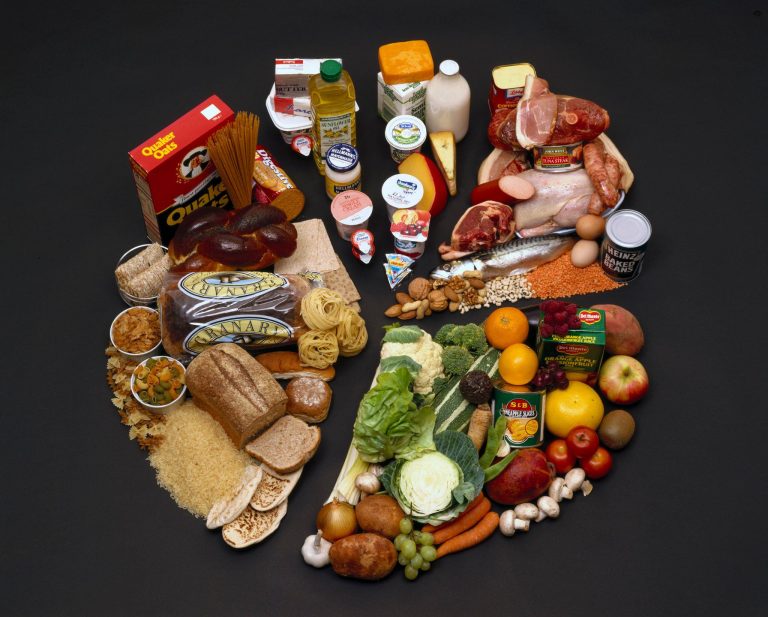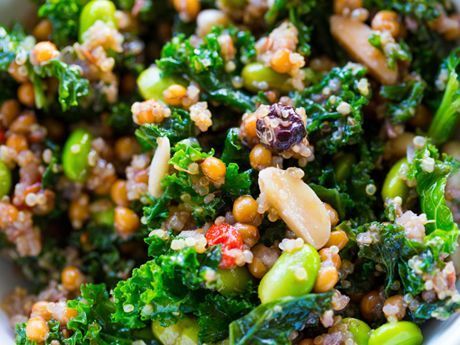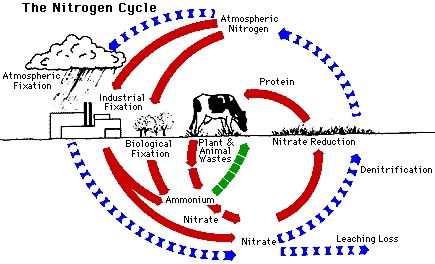In today’s society, youth sports have become increasingly popular and competitive. As a result, it is important for young athletes to understand the importance of proper nutrition for optimal performance and overall health. This article will discuss the significance of youth sports nutrition and provide helpful tips for young athletes to fuel their bodies effectively.
The Role of Nutrition in Youth Sports
Nutrition plays a crucial role in the performance and development of young athletes. Proper nutrition ensures that young athletes have the energy and nutrients necessary to excel in their respective sports. It is essential for growth, repair, and recovery of muscles, bones, and tissues. Additionally, a well-balanced diet promotes overall health and reduces the risk of injuries and deficiencies.
Macronutrients for Young Athletes
Carbohydrates: Carbohydrates are the primary source of energy for active individuals. Young athletes should focus on consuming complex carbohydrates such as whole grains, fruits, vegetables, and legumes to sustain energy levels.
Proteins: Proteins are vital for muscle repair and growth. Lean meats, poultry, fish, eggs, dairy products, and plant-based sources like beans and tofu are excellent protein sources for young athletes.
Fats: Healthy fats are essential for overall health and energy. Young athletes should choose sources like nuts, seeds, avocados, and olive oil. Avoiding saturated and trans fats is important for maintaining good cardiovascular health.
Hydration
Proper hydration is crucial for young athletes to perform at their best. Dehydration can lead to decreased athletic performance, fatigue, and an increased risk of injuries. It is recommended for young athletes to drink water before, during, and after physical activity. Sports drinks can be consumed in moderation during intense and prolonged exercise to replenish electrolytes lost through sweat.
Pre-Game and Post-Game Meals
A pre-game meal is essential to provide young athletes with the necessary fuel and nutrients. The meal should consist of complex carbohydrates for sustained energy, moderate protein for muscle repair, and minimal fat to aid digestion. Examples include whole-grain pasta with lean meat, vegetables, and a side of fruit.
A post-game meal is equally important to replenish glycogen stores and promote muscle recovery. Young athletes should consume a combination of carbohydrates and proteins within 30 minutes to two hours after physical activity. Examples include a turkey sandwich on whole-grain bread or a smoothie with Greek yogurt and fruits.
Supplementation
While a well-balanced diet should provide young athletes with all the necessary nutrients, in some cases, supplementation may be necessary. It is always recommended to consult with a healthcare professional before introducing any supplements. Common supplements for young athletes include omega-3 fatty acids, vitamin D, and calcium.
Educating Young Athletes
Finally, it is important to educate young athletes about the fundamentals of nutrition and the impact it has on their performance and overall well-being. Teaching them the importance of making nutritious choices and fueling their bodies properly will set them up for success both on and off the field.
Conclusion
Youth sports nutrition is a critical aspect of athletic performance and overall health. Adequate intake of macronutrients, proper hydration, strategic pre-game and post-game meals, and potential supplementation can all contribute to the success of young athletes. By understanding and implementing proper nutrition practices, young athletes can optimize their performance, prevent injuries, and enjoy long-term athletic success.









